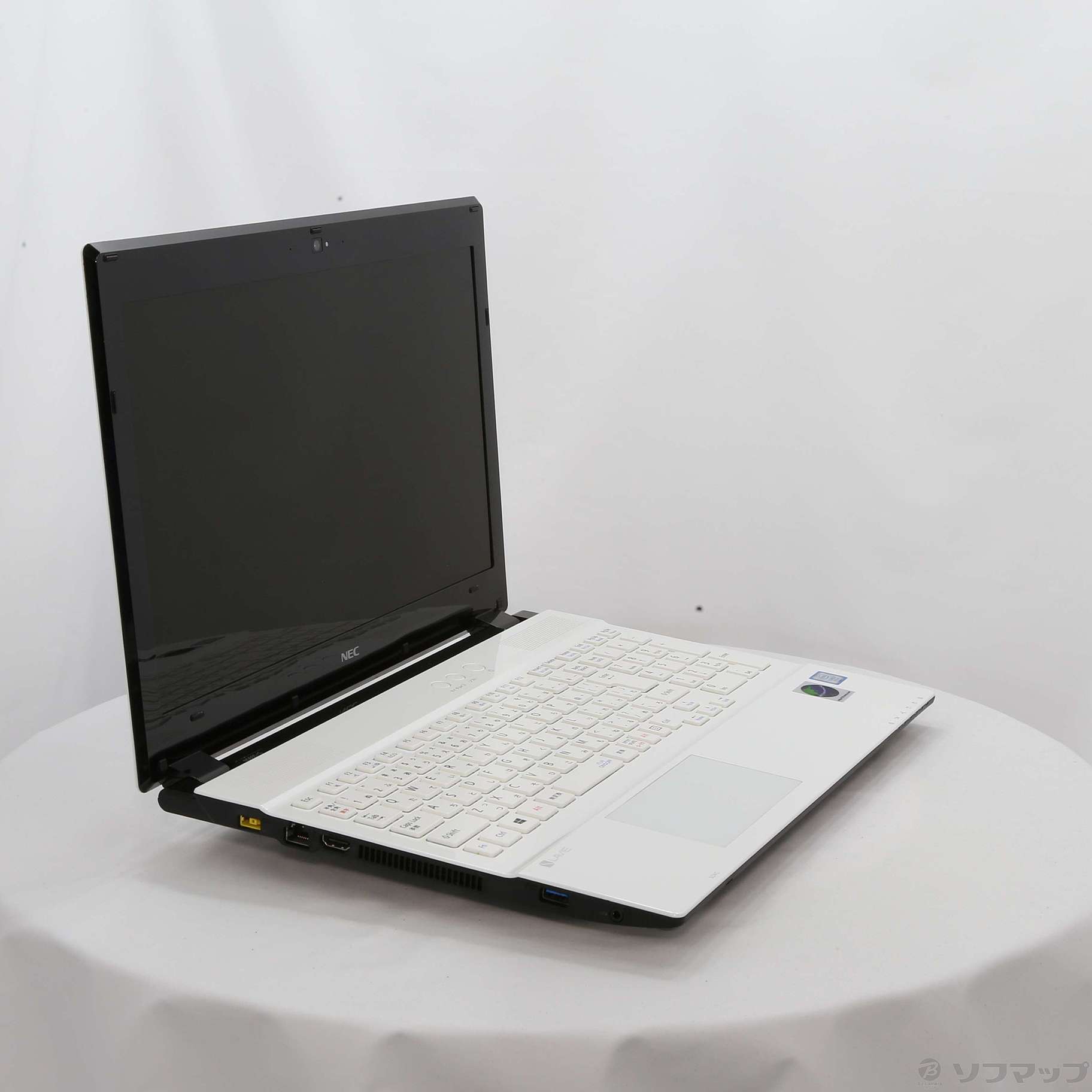

- #STANDARD NOTES WINDOWS SOFTWARE#
- #STANDARD NOTES WINDOWS PASSWORD#
- #STANDARD NOTES WINDOWS SERIES#
- #STANDARD NOTES WINDOWS MAC#
If you’re eager to read part two of this series, follow us on Twitter, or sign up for our privacy newsletters for our latest updates.This software is provided by Future Technology Devices International Limited “as is” and any express or implied warranties, including, but not limited to, the implied warranties of merchantability and fitness for a particular purpose are disclaimed.

Survey respondents were paid and a confidence level of 95% was used for calculating the values above.

These results are based on the polling of a random sample of 1,029 (January 2020) American adults (18+) via SurveyMonkey’s “Audience” platform, which ensures the demographic make-up of respondents is representative of the U.S. This can protect the contents of your devices should they end up in the wrong hands. However, this feature is only available with Bear Pro.Ĥ) Lastly, consider encrypting all of your device data with our step-by-step guide to encrypting iOS, Mac, Android, and Windows devices.
#STANDARD NOTES WINDOWS MAC#
#STANDARD NOTES WINDOWS PASSWORD#
Switch over to a proper password manager instead, like Dashlane, 1Password, or LastPass, which prioritize encrypting sensitive data by default. This zero-tolerance approach will help safeguard your information.Īnd, if you are using a note-taking app to store username and passwords, please stop 🙅. Answer Optionsġ) Be wary of storing sensitive information in unencrypted notes. Most people (58.2% ☓.1) were not aware that many notes apps don’t encrypt notes by default 😬. Hackers could even see the content of your notes by spying on your network, if the note-taking app has a sync function with no encryption. This means that apps that don't encrypt your notes by default leave them vulnerable to hacking by people who can access your device or the login credentials for your note-taking app. That’s alarming given that many note-taking apps aren’t encrypted by default! Encryption is a process that scrambles text data, rendering it unreadable by anyone who doesn’t have the key (usually a password or passphrase). Our survey of 1,029 American adults found almost half (45.3% ☓.1) have saved one or more of the following in a note-taking app: usernames, passwords, social security number, credit card information, and security or PIN codes. People frequently use them for quick to-do and grocery shopping lists, but they’re also often used to store more private information. Note-taking apps have become a welcome replacement for post-it notes.
#STANDARD NOTES WINDOWS SERIES#
This series highlights some of the lesser-known though commonly encountered privacy risks, and explains what you can do to protect yourself.įirst up: Saving private information to an unencrypted note-taking app. People are doing more than ever to protect their privacy, but not every privacy risk is explained in the news. This is the first in a series of posts about common but largely unknown privacy risks. The Hidden Privacy Risk in Note-Taking Apps Filed under Privacy Research on


 0 kommentar(er)
0 kommentar(er)
